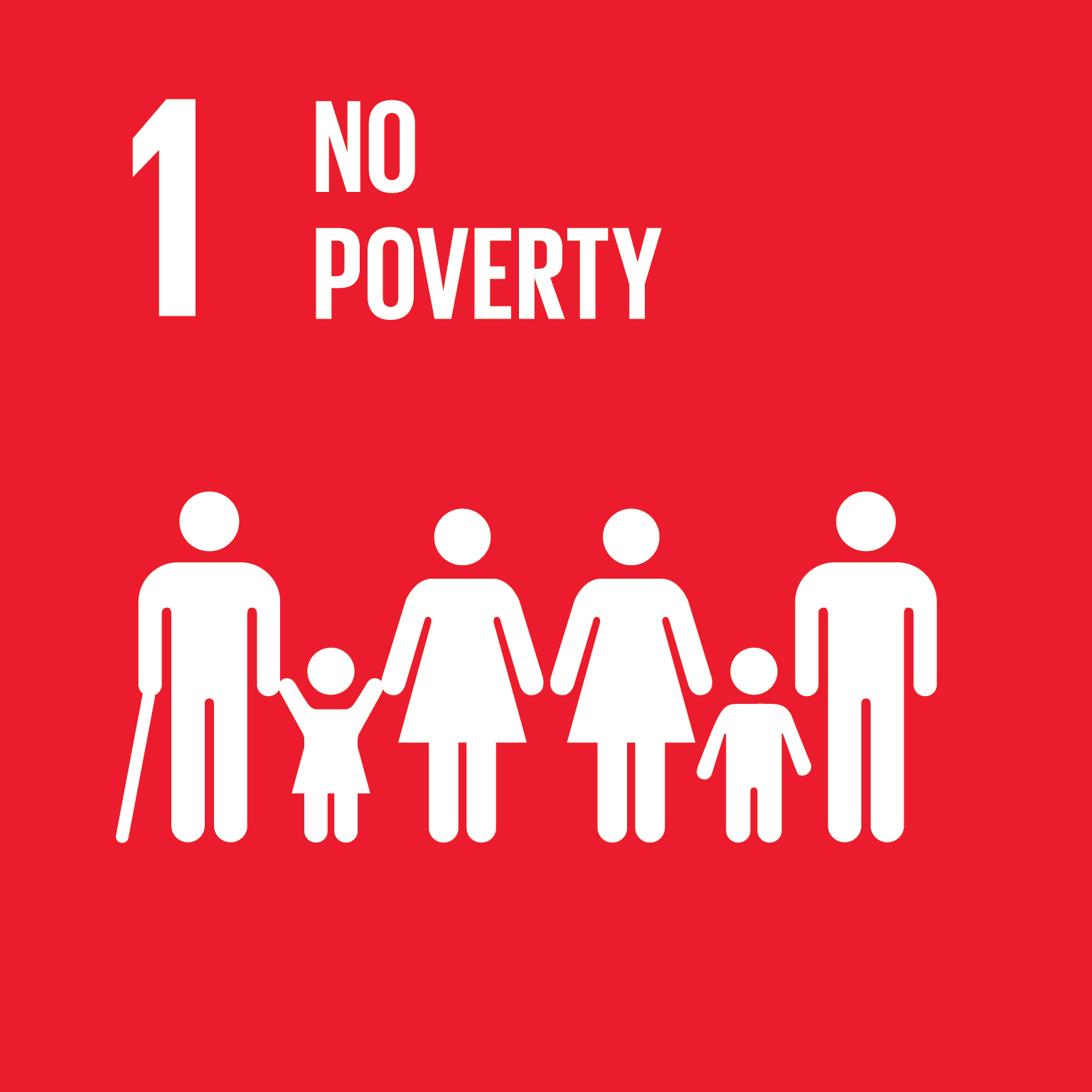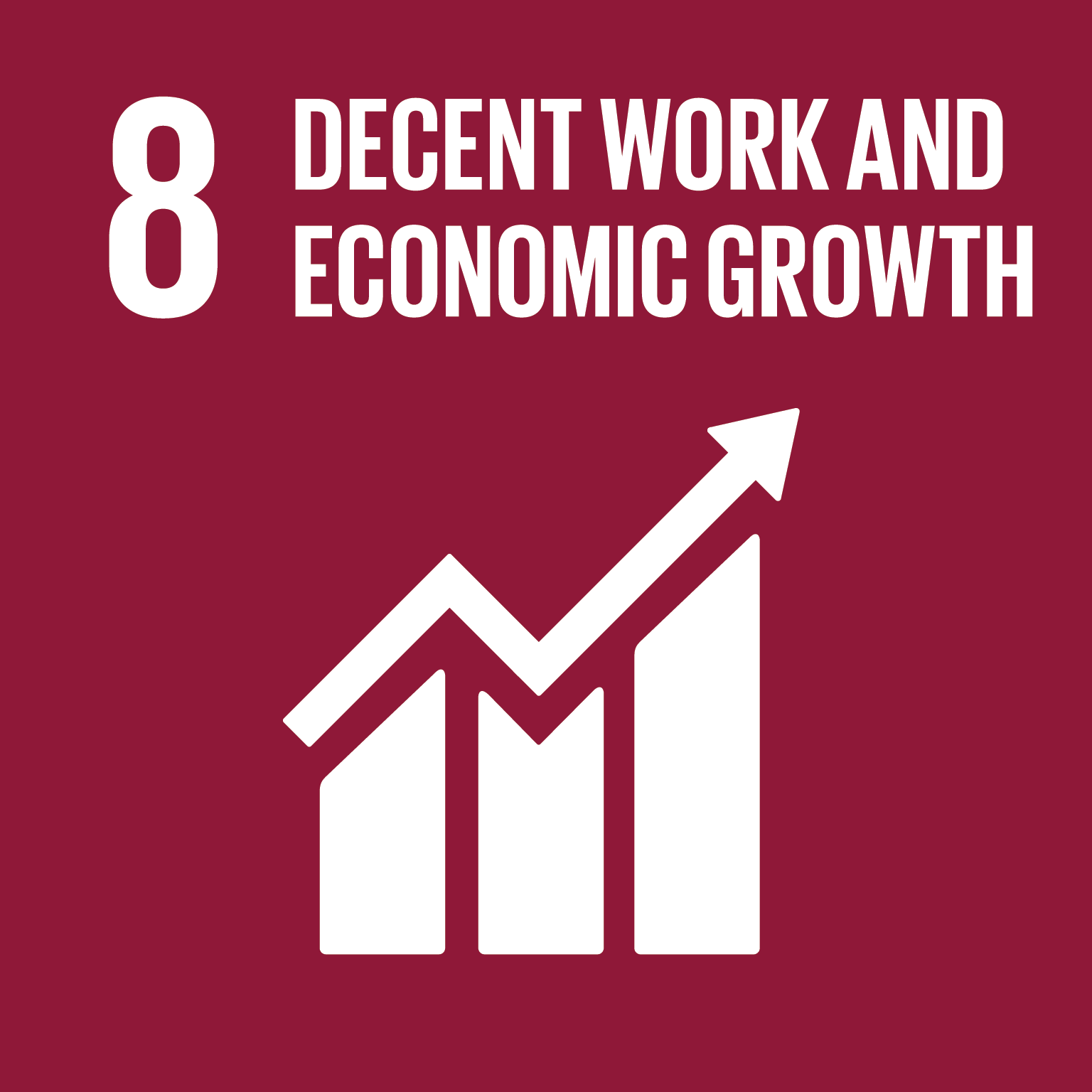Fish Culture Development for Africa
Fish Culture Development for Africa
Challenges
Fish and other fishery products are preferred food items in Africa because they are rich in protein and micronutrients. Fish is reasonably priced (less expensive than substitute food items such as meat) and constitutes an integral part of traditional diets. However, due to the combined effects of rapid population growth and a dwindling capture fish production, per capita supply of fish has decreased in Africa. Many countries import a significant amount of fish annually. This contributes further to the food deficit and raises the market price of fish. Since it is not possible to increase fish catch from the natural environment, African governments have increased their focus on aquaculture to fill the gap between demand and supply of fish for national food security.
Towards a Solution
Aquaculture can mitigate the shortage of fish supply in the African region, which is directly related to SDG 2 (Zero Hunger). It can also prevent overfishing by providing an alternative option in the fishing sector, which contributes to the achievement of SDG 14 (Life Below Water,) making the use of marine resources more sustainable.
Egypt’s aquaculture sector has experienced rapid development in the past 20 years. It now ranks 9th in fish farming production globally and first among African countries. Thanks to Egyptian expertise, knowledge exchange from Egypt to neighbouring countries has helped to enhance the latter’s capacities, allowing them to be applied to achieve adequate development and management of the aquaculture sector in their own countries.
The training programme,Third Country Training Program (TCTP) on Fish Culture Development, was organized by the Japan International Cooperation Agency (JICA), in collaboration with Egyptian International Centre for Agriculture (EICA). It facilitated capacity-building among extension workers through practical training and knowledge on climate conditions, farmed fish species and farming technologies in practice. This programme provides a platform for African trainees to benefit from the training course and to exchange opinions and practices for applying the course contents in their home countries.
It was supported by JICA and the Government of Egypt through the Egyptian Agency of Partnership for Development (EAPD), based on the Japan-Egypt Triangular Technical Cooperation Programme agreement for the promotion of South-South cooperation in Africa.
In Egypt, three months of training have been conducted annually since 2004. The group training course was delivered in Egypt with practical exercises in the field for 191 participants from 21 African countries: Benin, Burundi, Cameroon, Comoro, the Congo, Eritrea, Ethiopia, Gabon, Ghana, Kenya, Madagascar, Malawi, Mauritius, Namibia, Rwanda, South Sudan, Sudan, the United Republic of Tanzania, Togo, Uganda and Zambia.
Almost one third of the course (i.e. one month) is spent in the classroom on theoretical lectures, group discussions and workshops in modules. Each module starts with conceptual lectures addressing specific topics in the field. The remaining portion of the course provides two months of practical training in which participants visit laboratories for demonstrations and participate in field visits and study tours. Participants obtain hands-on experience by managing their assigned ponds to conduct experiments on male/female ratio, population intensity and the concentration of different nutrients.
As a result of the training, graduates of this programme are prepared to help to increase fish yields and income from aquaculture farming in their home countries. For example, Malawian farmers who received instruction from a graduate of the programme (an extension worker) increased tilapia and catfish productivity from 1-2 ton/ha to 5.5 ton/ha and 8.0 tons/ha, respectively. In 2016, the Ugandan participant increased the number of ponds from 50 to 110 (60 new ponds) under his responsibility. In Malawi, the former participant became the head of a task force to establish an aquaculture facility. Former participants and lecturers are linked through a WhatsApp group so that they can discuss difficulties and share necessary information as they implement the techniques. This group is transboundary, with participants contributing to the dissemination of knowledge in their country.
To ensure the sustainability of this initiative, selected participants in the country should hold a position that allows them to disseminate knowledge, such as extension officer or instructor at a relevant institution. In some cases, graduates participate in the selection of new candidates because this can help to strengthen the relationship between former and new participants, allowing them to become leaders in their countries.
Sustainable Development Goal target(s): 2.1, 2.2, 2.3, 2.4, 14.2, 14.7
Countries/ territories involved: Benin, Burundi, Cameroon, Comoro, the Congo, Eritrea, Ethiopia, Gabon, Ghana, Kenya, Madagascar, Malawi, Mauritius, Namibia, Rwanda, South Sudan, Sudan, the United Republic of Tanzania, Togo, Uganda, Zambia
Contact Information
Office for Global Issues and Development Partnership, Operations Strategy Department, Japan International Cooperation Agency (JICA)
Countries involved
Benin, Burundi, Cameroon, Comoros
Implementing Entities
Japan International Cooperation Agency (JICA), in collaboration with Egyptian International Centre for Agriculture (EICA)
Project Status
Completed
Project Period
9/2004 - 1/2019
URL of the practice
http://www.southsouthworld.org/component/k2/46-solution/1640/food-security-fish-culture-%20development-for-africaPrimary SDG
02 - Zero Hunger
Secondary SDGs
02 - Zero Hunger
Similar Solutions






